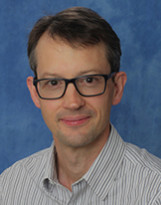TAP Lectureships
TAP Lectureships
The TAP Lectureship series features visiting theorists who are experts in one of 6 key TAP Initiative research areas: Computation and Data, Cosmology, Dynamics, Gravity, Planet Formation, and Plasma Physics. The TAP Initiatives are designed to enable interdisciplinary conversations among theorists, observers, and experimentalists on these topics.
- TAP Initiatives
- Cosmology Initiative
- Computation and Data Initiative
- Dynamics Initiative
- Gravity Initiative
- Planet Formation Initiative
- Plasma Physics Initiative
The TAP Program features six interdisciplinary initiatives to focus scientific discussions and advance significant proposal development efforts involving multiple scientists across Astronomy, Physics, Planetary Science, and relevant partnering departments, institutes, centers, units, and interdisciplinary programs. Several new Initiatives are anticipated to be developed in the next few years to represent better the breadth of science conducted in TAP departments and advance ongoing/future experimental, computing, and observational efforts.
The TAP Cosmology Initiative combines theory, computation, and data-driven astrophysicists to tackle some of the most pressing problems in Cosmology and Fundamental Physics, including the Nature of Dark Energy and Dark Matter, using next-generation computational simulations, codes, and observational surveys.
Initiative Leads
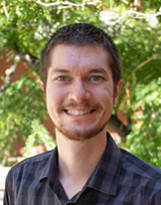 |
Peter BehrooziAssociate Professor, Department of Astronomy, & Associate Astronomer, Steward Observatory
|
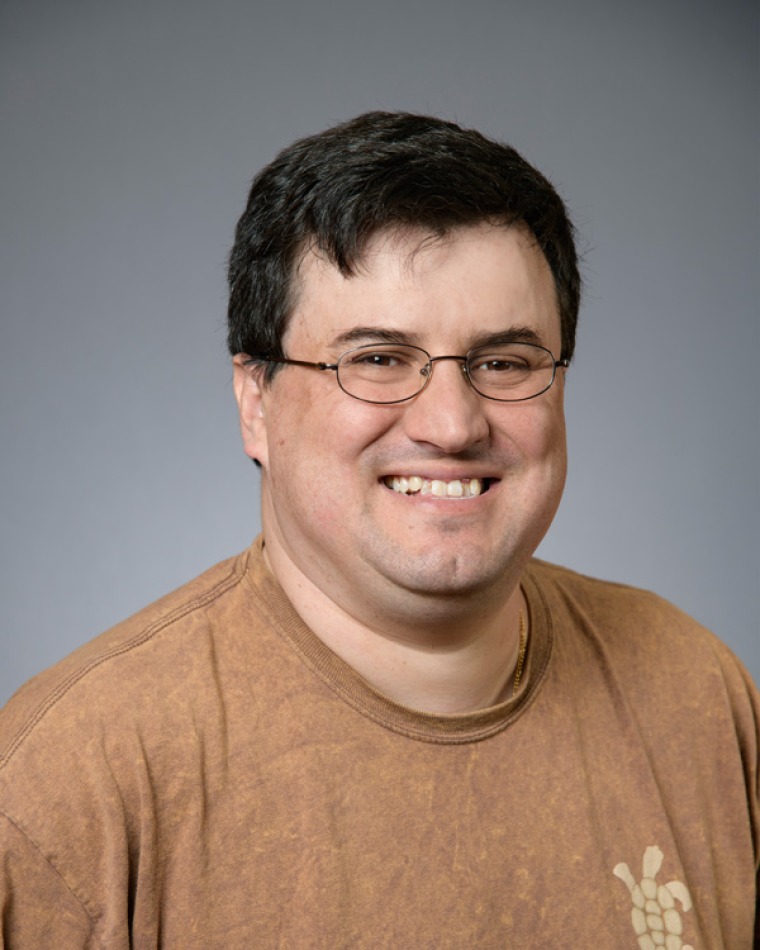 |
Eduardo RozoAssociate Professor of Physics
|
The TAP Computation and Data Initiative (CDI) brings together computation and data scientists with astrophysicists to push the forefront of and accelerate discovery in theoretical astrophysics. The Initiative provides a platform for researchers from different disciplines to collaborate, share resources, develop new methods, and apply them to significant problems. It also trains students to become the new generation of “computation native” scientists.
Initiative Leads
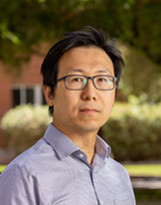 |
CK ChanAssistant Research Professor/Data Science Institute Fellow, Steward Observatory |
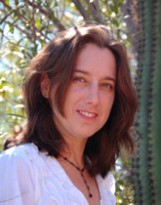 |
Ann ZabludoffProfessor, Astronomy |
The TAP Dynamics Initiative brings together dynamicists to tackle fundamental problems in dynamics across a vast range of physical scales, from the motions of dark matter particles in galactic halos, to the dynamics of planetary and stellar bodies, all the way to galactic collisions.
Initiative Leads
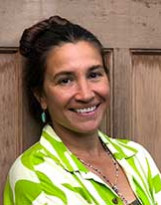 |
Kate DanielAssociate Professor of Astronomy
|
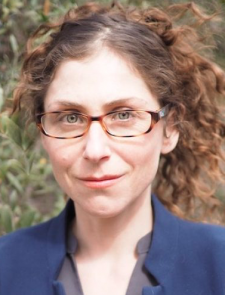 |
Kaitlin KratterProfessor of Astronomy
|
 |
Renu MalhotraProfessor, Planetary Sciences |
The TAP Gravity Initiative brings together researchers from astronomy and physics to study the fundamental laws of gravity and their manifestation in the observable universe, primarily in the extreme environments of black holes and neutron stars. Our members perform theoretical, computational, and observational studies of these extreme physical systems.
Initiative Leads
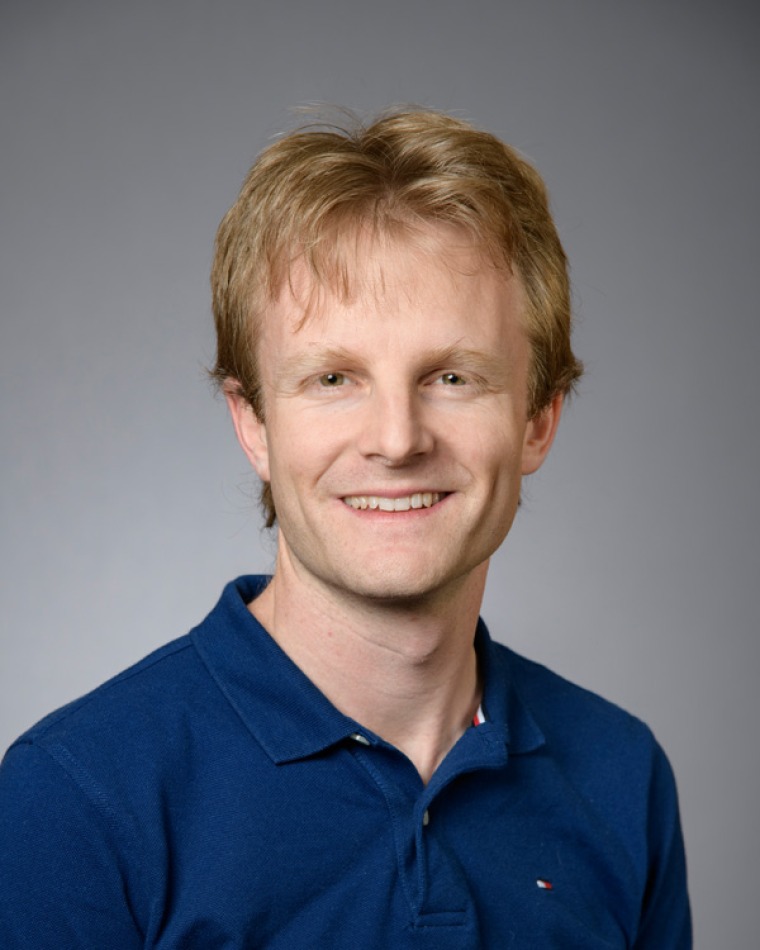 |
Sam GrallaAssociate Professor of Physics
|
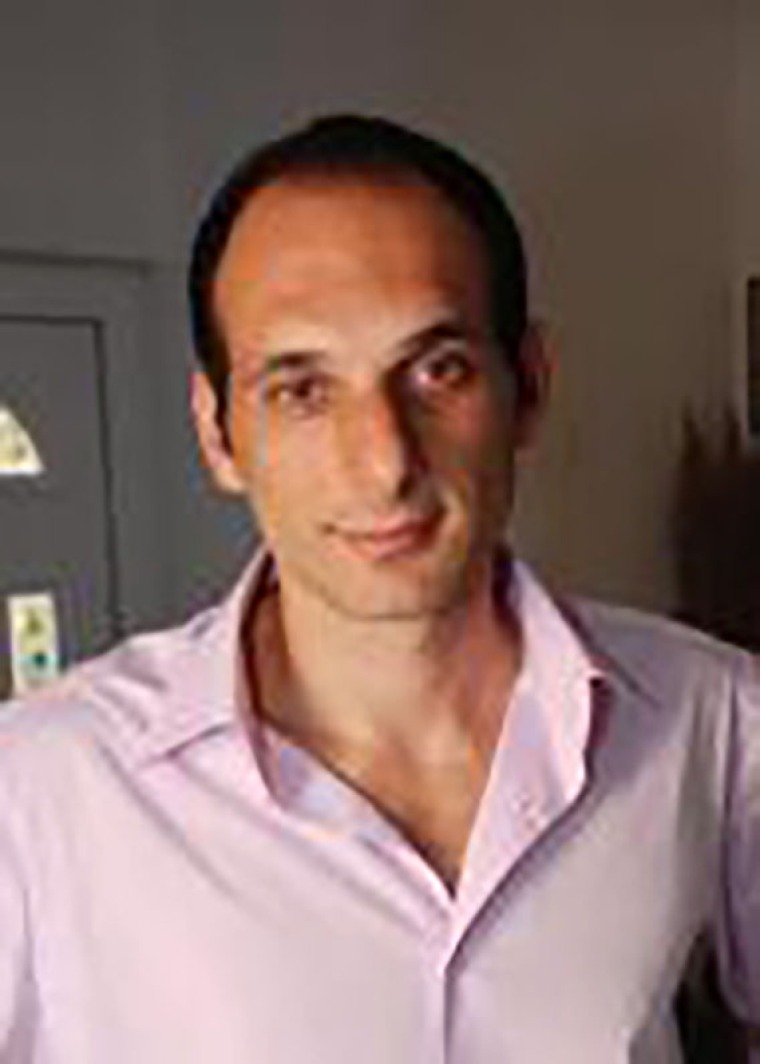 |
Vasileios PaschalidisAssistant Professor of Astronomy and Physics
|
The TAP Planet Formation Initiative studies theories of the formation and evolution of the Solar System and exoplanet systems.
Initiative Leads
|
|
Andrew Youdin, TAP Deputy ChairAssociate Professor, Department of Astronomy & Associate Astronomer, Steward Observatory
|
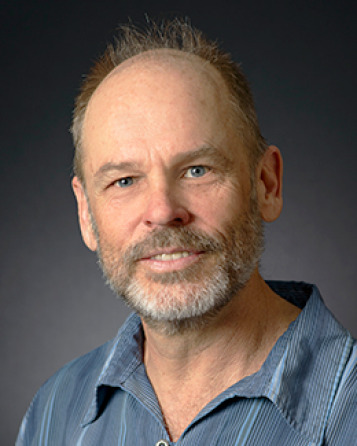 |
Erik AsphaugLunar and Planetary Laboratory, Professor |
The TAP Plasma Physics Initiative (PPI) uses theory and numerical simulation, combined with remote and in situ observations of space and astrophysical plasmas, to constrain fundamental questions about how energy, mass, and momentum are injected into, transported through, and removed from a wide variety of plasma systems throughout the Universe.
Initiative Lead
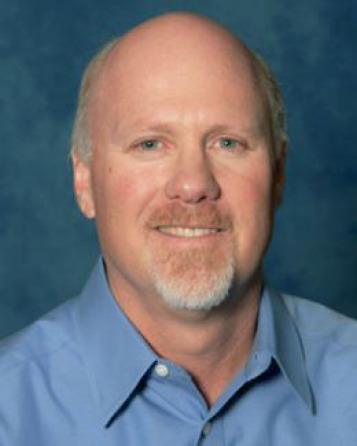 |
Joe GiacaloneProfessor, Planetary Sciences |
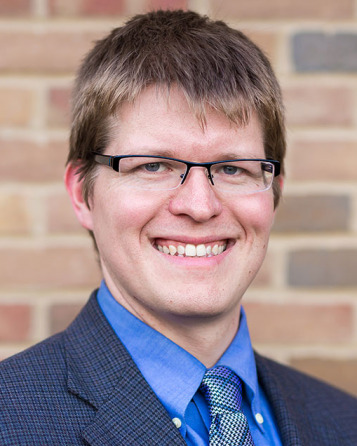 |
Kris KleinAssistant Professor, Planetary Sciences |
 |
Shuo KongAssistant Professor, Astronomy |
TAP Lecturers
TAP Lecturers will visit for up to two weeks and give a TAP Lecture. Our goal with these Lectureships is to bring in an external expert to spearhead conversations and collaborations. We encourage you to sign up to have relevant Lecturers join your group meetings and/or meet with you/your students/postdocs.
The schedule of Lecturers includes links to their individual google sheet schedules so that you can sign up directly.
Spring 2025 Speakers

Xianzhe Jia, University of Michigan
Visit Dates: March 3 – 6, 2025
Plasma Physics Initiative Lecture:
Wednesday, March 5, 2025
Kuiper Space Sciences Building, Room 312
3:30-4:30 pm with refreshments served at 3:00 pm in the 3rd floor atrium
Title: Extended MHD and Coupled Fluid-Kinetic Simulations of Planetary Magnetospheres: Applications to Mercury and Ganymede
Abstract: Global simulations have become an invaluable tool in planetary magnetosphere studies, aiding in interpreting satellite observations, uncovering new physics and processes, and generally deepening our understanding of the basic behavior of the magnetosphere. Because of their relatively large system sizes, planetary magnetospheres are normally simulated with ideal magnetohydrodynamics (MHD) models, treating plasma ions and electrons as a combined fluid. Nevertheless, proper treatment of key processes occurring in planetary magnetospheres, such as magnetic reconnection, calls for global models that go beyond the ideal MHD approach. Towards this end, the Space Weather Modeling Framework (SWMF) modeling group at the University of Michigan have recently developed a variety of extended MHD models and coupled fluid-kinetic models that allow us to capture kinetic effects in global magnetosphere simulations. In this presentation, we will focus on the application of these models to Mercury and Ganymede, the two smallest planetary bodies in our solar system that possess intrinsic magnetospheres. We will use these examples to illustrate our novel modeling capabilities and discuss the new insights gained through the simulations into reconnection-driven dynamics and its consequences on the global coupling between the ambient plasma and the magnetosphere.
Bio: Xianzhe Jia is a Professor in the Department of Climate and Space Sciences and Engineering at the University of Michigan. His main research interests lie in the area of planetary magnetospheres and plasma interactions with planetary moons. He combines computer modeling with analyses of spacecraft data to understand fundamental plasma processes in planetary environments. Prof. Jia is currently involved in two flagship missions to the outer planets. One is NASA’s Europa Clipper mission, on which he is Deputy PI for the Magnetometer team and Co-I on the plasma instrument PIMS. He also serves as Co-I on three instrument teams on ESA’s JUICE mission to Jupiter’s moon, Ganymede. Prior to joining the University of Michigan, Dr. Jia obtained his Ph.D. from UCLA and his B.S. from the University of Science and Technology of China.
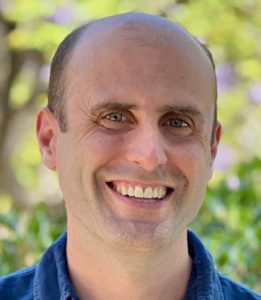
Daniel Tamayo, Harvey Mudd College
Visit Dates: March 16 – 20, 2025
Dynamics Initiative Lecture:
Monday, March 17, 2025
Kuiper Space Sciences Building, Room 312
3:30 – 4:30 pm with refreshments served at 3:00 pm in the 3rd floor atrium
Title: Toward a Theory of how Chaos Drives Dynamical Instabilities and Shapes Compact Exoplanet Systems
Abstract: While several processes are thought to be important in the early phase of planet formation, most theories converge on a final stage dominated by giant impacts that set the ultimate masses and orbital architectures that we observe today in exoplanet systems. Nevertheless, despite enormous theoretical effort, we do not yet fully understand the dynamical processes driving chaos in such systems, and we are unable to predict a priori which regions in the space of possible orbital configurations will be long-term stable, and which will lead to instability. As a motivation, I will first present our recent work suggesting that dynamical instabilities have indeed strongly shaped the observed distribution of exoplanetary systems. I will then survey our current understanding of chaos in planetary systems, discuss recent theoretical developments, and close with a roadmap of ongoing work and open questions.
Bio: Dan Tamayo is an assistant professor in the physics department at Harvey Mudd College in the greater Los Angeles area. He grew up in northern Spain, was a Peace Corps volunteer in Namibia, and obtained his Ph.D. in Astronomy & Space Sciences at Cornell University. Before joining the faculty at Harvey Mudd College he was a Centre for Planetary Sciences postdoctoral fellow at the University of Toronto and a NASA Sagan fellow at Princeton. His graduate work with the Cassini mission around Saturn focused on the collisional evolution of Saturn’s small, distant irregular satellites. His subsequent work has focused on numerical integration algorithms for planetary orbital dynamics as a lead developer of the REBOUND N-body package, and on theoretical and machine learning approaches to predicting the stability of exoplanet orbital configurations.
Links to relevant public articles about your research if available (e.g., Astrobites, press articles, etc.)
https://www.nytimes.com/2017/05/10/science/trappist-earth-size-planets-orbits-music.html
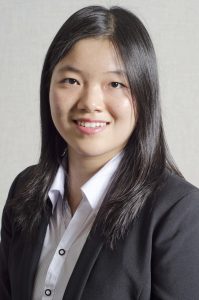
Yixin Wang, University of Michigan
Visit Dates: April 4 – 10, 2025
Computation & Data Initiative Lecture:
Friday, April 4, 2025
1:30 – 2:30 pm in Kuiper Space Sciences Building, Room 312
Refreshments served at 1:00 pm in the 3rd floor atrium
Title: Representation Learning: A causal perspective
Abstract: Representation learning constructs low-dimensional representations to summarize essential features of high-dimensional data like images and texts. Ideally, such a representation should eliciently capture non-spurious features of the data. It shall also be disentangled so that we can interpret what feature each of its dimensions captures. However, these desiderata are often intuitively defined and challenging to quantify or enforce.
In this talk, we take on a causal perspective of representation learning. We show how desiderata of representation learning can be formalized using counterfactual notions, enabling metrics and algorithms that target elicient, non-spurious, and disentangled representations of data. We discuss the theoretical underpinnings of the algorithm and illustrate its empirical performance in both supervised and unsupervised representation learning.
This is joint work with Michael Jordan, Kartik Ahuja, Divyat Mahajan, and Yoshua Bengio.
Bio: Yixin Wang is an assistant professor of statistics at the University of Michigan. She works in the fields of Bayesian statistics, machine learning, and causal inference. Previously, she was a postdoctoral
researcher with Professor Michael Jordan at the University of California, Berkeley. She completed her PhD in statistics at Columbia, advised by Professor David Blei, and her undergraduate studies in
mathematics and computer science at the Hong Kong University of Science and Technology. Her research has been recognized by the j-ISBA Blackwell-Rosenbluth Award, ICSA Conference Young Researcher Award, ISBA Savage Award Honorable Mention, ACIC Tom Ten Have Award Honorable Mention, and INFORMS data mining and COPA best paper awards.
Related Publications:
K. Ahuja, A. Mansouri, and Y. Wang. Multi-Domain Causal Representation

Fred Adams, University of Michigan
Origins Seminar and TAP Planet Formation Initiative Lecture:
Monday, April 21, 2025
12:00 – 1:00 pm – Location: Kuiper 309
Title: Revisiting the Core Accretion Paradigm for Giant Planet Formation: Analytic Framework for the Late Infall Stage and the Distribution of Planetary Masses
Abstract: This talk presents an analytic description for the late stages of giant planet formation, when planets gather the majority of their mass. The resulting solutions show how the protoplanet properties (envelope density distribution, velocity field, column density, disk surface density, system luminosity, and emergent spectral energy distributions) vary with the input parameters of the problem (instantaneous mass, orbital location, accretion rate, and planetary magnetic field strength). We then construct a framework for calculating the distribution of planet masses resulting from this paradigm. In this scenario, the disk lifetime determines the end of mass accretion onto the planet. The mass accretion rate depends on the size of the Hill sphere, the fraction of the disk accretion flow that enters the sphere of influence, and the efficiency with which the planet captures the incoming material. The resulting model produces a planetary mass function with a nearly power-law form, roughly consistent with current observational estimates.
SO/NSF NOIRLab Joint Colloquium and TAP Planet Formation Initiative Lecture:
Thursday, April 24, 2025
3:30 – 4:30 pm in Steward Observatory, Room N210
Refreshments served after the event
TITLE: Effects of Clusters on their Constituent Planetary SystemsABSTRACT: Most stars — and most solar systems — form within groups and clusters. The principle objective of this talk is to explore how these star forming environments affect the solar systems forming within them via three channels: dynamical interactions, elevated radiation fields, and increased particle fluxes. The discussion starts with the dynamical simulations, which are used to study how cluster evolution depends on system size and initial conditions. Multiple realizations of equivalent cases are used to build up a statistical description of these systems, e.g., distributions of closest approaches and radial locations. These results provide a framework from which to assess the effects of clusters on solar system formation. Distributions of radial positions are used in conjunction with UV luminosity distributions to estimate the radiation exposure of circumstellar disks. Photoevaporation models determine the efficacy of radiation in removing disk gas and compromising planet formation. The distributions of closest approaches are used in conjunction with scattering cross sections to determine probabilities for solar system disruption. Finally, we determine the distributions of radioactive nuclei and cosmic rays that are provided to circumstellar disks, where they enhance ionization and heating. This work provides a quantitative determination of the effects of clusters on forming solar systems. As an application, these results are used to place constraints on the possible birth environments for our own Solar System.
BIO: Born in Redwood City, California, Fred Adams graduated from Iowa State University in 1983 with a BS in Physics and Mathematics. He went on to receive his PhD in Physics from the University of California, Berkeley (in 1988), where his dissertation received the Robert J. Trumpler Award from the Astronomical Society of the Pacific. After serving as a postdoctoral research fellow at the Harvard-Smithsonian Center for Astrophysics, Adams joined the faculty in the Physics Department at the University of Michigan in 1991. Adams was promoted to Associate Professor in 1996, and to Full Professor in 2001. He is the recipient of the Helen B. Warner Prize from the American Astronomical Society and the National Science Foundation Young Investigator Award. At the University of Michigan, he has been awarded the Excellence in Education Award, the Excellence in Research Award, the Faculty Recognition Award, and was elected to the Michigan Society of Fellows. Adams was subsequently elected to be a fellow of the American Physical Society, fellow of the American Astronomical Society, and Chair of the AAS Division on Dynamical Astronomy. He was named as the Ta-You Wu Collegiate Professor of Physics at the University of Michigan, and is currently the director of the Leinweber Center for Theoretical Physics.
Professor Adams works in the general area of theoretical astrophysics with a focus on the study of star formation, exoplanets, and cosmology. He is internationally recognized for his work on the radiative signature of the star formation process, the dynamics of circumstellar disks, the development of a theory for the initial mass function, and studies of extra-solar planetary systems. In cosmology, he has studied the inflationary universe, magnetic monopoles, cosmic rays, and cosmic background radiation fields. His work in cosmology also includes explorations of the long term fate and evolution of the universe, as well as a re-examination of its degree of fine-tuning.
Author of “The Five Ages of the Universe”
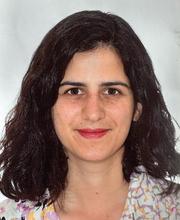
Carolina Cuesta-Lazaro, Massachusetts Institute of Technology
Visit Dates: April 27 – May 6, 2025
Cosmology Initiative Lecture
Monday, April 28, 2025
3:30 – 4:30 pm in Kuiper Space Sciences, Room. 312
Refreshments served at 3:00 pm in the 3rd Floor Atrium
Title: Beyond the Observable: A Machine Learning perspective on modern Cosmology
Abstract: Our observations have painted a simple portrait of cosmic evolution, yet fundamental questions remain unanswered: What is the nature of dark matter, the invisible substance that makes up most of the matter in the Universe? What is driving the accelerated expansion of the cosmos? How did it begin? Addressing these questions demands integrating advances in machine learning, high-performance computing, and astrophysics. In this talk, I will present frameworks that bridge the gap between numerical simulations and increasingly precise astronomical observations to decode these invisible components. I will demonstrate how generative models can analyze astronomical data at its full complexity, while remaining robust to uncertainties in galaxy formation physics. This allows us not only to reconstruct the dark matter distribution and primordial Universe from observed galaxy clustering, but also to identify potential anomalies that might signal new physics beyond our standard cosmological model. These advances come at a pivotal moment, as we enter an era of extremely precise cosmological surveys that may transform current statistical tensions into discoveries of new fundamental physics.
Computational Workshop I: From Zero to Generative: Learning Generative Models from Scratch
Tuesday, April 29, 2025
1:30 pm – 4:30 pm in Steward Observatory, Room N305
Abstract: This workshop introduces generative modeling with no prerequisites in machine learning or deep learning. Starting with basic concepts, we guide participants through the intuition and implementation of key generative frameworks, such as diffusion models. Participants will gain hands-on experience building simple versions of these models and understanding when to apply different architectures.
Computational Workshop II: Practical Session on Using Generative Models
Monday, May 5, 2025
10:00 am – 12:00 pm in Steward Observatory, Room 450
Speaker encourages everyone to come with their own research with questions and insights.
BIO: Carol is an IAIFI Fellow at the NSF Institute for Artificial Intelligence and Fundamental Interactions. She splits her time between MIT and the Center for Astrophysics at Harvard, developing robust machine learning models that can guide us towards future discoveries in physics. Carolina received her Ph.D. in Physics and Data Intensive Science from the Institute of Computational Cosmology at Durham University, UK, in 2022. Alongside her PhD, she has been a research collaborator with the United Nations (UN) Global Pulse and the UK’s National Health Service (NHS), developing epidemiological simulations, and a research intern at Amazon’s Alexa team. She is also passionate about science communication and making astrobabble understandable.
Previous TAP Lecturers
| Visit Date/Initiative | Lecturer |
|
December 2-6, 2024 Lecture: December 4 Plasma Physics Initiative
|
Anna Tenerani, University of Texas at Austin
|
|
November 4-8, 2024 Lecture: November 4, 2024 PhotoChem Workshops: Nov 5, 2024 Nov 6, 2024 Planet Formation Initiative
|
Nicholas Wogan, NASA Ames Research Center |
|
October 7-11, 2024 Lecture: October 7 Gravity Initiative
|
Luis Lehner, Perimeter Institute for Theoretical Physics
|
|
May 14-24, 2024 Lecture: May 14 10:30am, SO N305 Refreshments 10:00am Dynamics Initiative
|
Monica Valluri, University of Michigan
|
|
April 15-26, 2024 Computation & Data Initiative |
George Wong, Institute for Advanced Study |
|
March 21-30, 2024 Gravity Initiative |
Aaron Zimmerman, University of Texas at Austin |
|
March 11-15, 2024 Planet Formation Initiative |
Kedron Silsbee, University of Texas at El Paso |
|
February 14-22, 2024 Gravity Initiative |
Neal Dalal, Perimeter Institute of Theoretical Physics |
|
October 16-27, 2023 Planetary Formation Initiative |
Thaddeus Komacek, University of Maryland
|
|
September 25-29, 2023 Plasma Physics Initiative |
Jason TenBarge, Princeton University |
|
March 13-17, 2023 Computation & Data Initiative |
Martin Pessah, Niels Bohr Institute |
|
January 12-14, 2023 Planetary Formation Initiative |
Kazumasa Ohno, University of California Santa Cruz |
